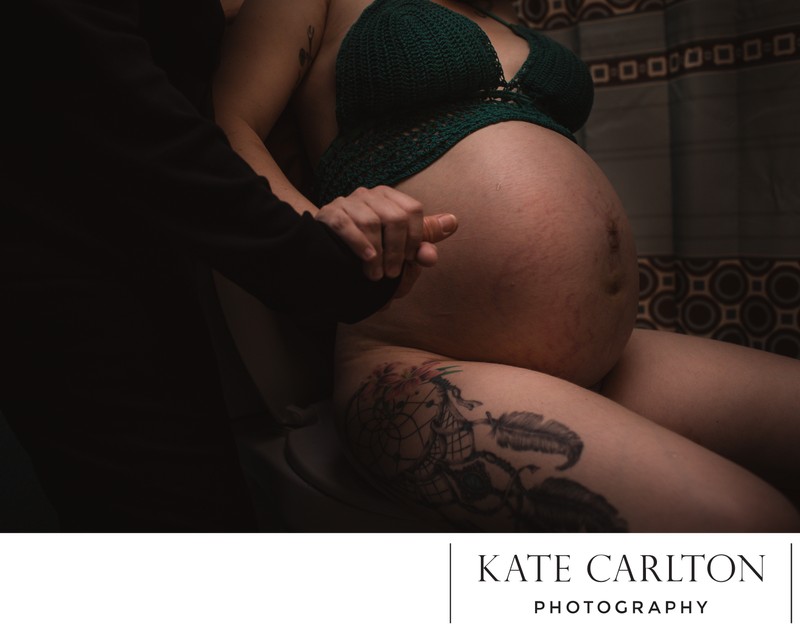
Despite medical advancements, childbirth is a major cause of post-traumatic stress disorder – and yet few people talk about it.
Have you ever been strolling your happy, round pregnant self through the market only to be stopped by someone who pleasantly tells you their agonizing birth story of terror and pain? To put it quite simply, this is their trauma.
Notice, next time you encounter this, the heightened anxious state of the story teller. When their body gets the message that they are re-telling their story, it jumps into high gear in effort to protect them from the trauma. Even though they are safe now, and maybe months or years have passed beyond the story, their body still reacts as though it is in the moment because the trauma has never been addressed or healed.
Pregnancy and childbirth, when something goes wrong, can result in all manner of horrors, including the loss of a life and this can contribute to fears even before it happens.

When we think of the word trauma, it is so often associated with stories of emergency surgical deliveries and babies who were severely compromised at delivery. While, yes, these are absolutely tales of trauma, we must understand that there are many levels and ways of experiencing trauma.
It could be as quiet as one single little moment when, during the course of labor, you felt utterly alone and so full of self doubt that you don’t think you can ever quite come back from it. It could be a provider who touched your body without permission. Could be that the pain was so intense that you made choices you didn't think you would, or that you didn't feel your wants or needs were listened to or maybe you were scared into a decision that didn't need to happen.
When a baby is born "happy and healthy" it is classified in our maternity system as a success. But that is not always the case. Our maternity care system is failing post-natal women. Not only has the physical and mental health of new mothers become secondary, it sometimes seems inconsequential.

It is also okay if you don't resonate with the word “trauma,” it feels too clinical, too therapeutic. But if you find, in your quiet moments, that you carry anxiety, fear, sadness, disappointment or any generally bad feelings about your birth, it might be helpful to examine and process, these feelings left alone can grow and consume. They can affect the way you parent, the way in which you walk through your next birth, your relationship with your partner and the way you exist on the planet.
Here’s the upside about trauma, once you make note that it is there, you can start to heal. Talking about it helps to re-program the nervous system to find acceptance and let go of fear. Wounds can be healed no matter how long it has festered. Working through your experience will improve the quality of your life and relationships.
Do you have birth trauma?
Have you been the one telling the tale? Have you ever seen a pregnant woman, felt your senses react and decided you needed to share with her right away? You are expressing, without even realizing, your desire to heal your trauma. We heal trauma by story telling.
- How do you feel when you think about your birth?
- What is it that resonates long after all the easy joy passes?
- Is there a feeling of discontent grumbling quietly in your soul?
- Could it be that you express nothing but bliss because this is what you feel that you are supposed to feel?
